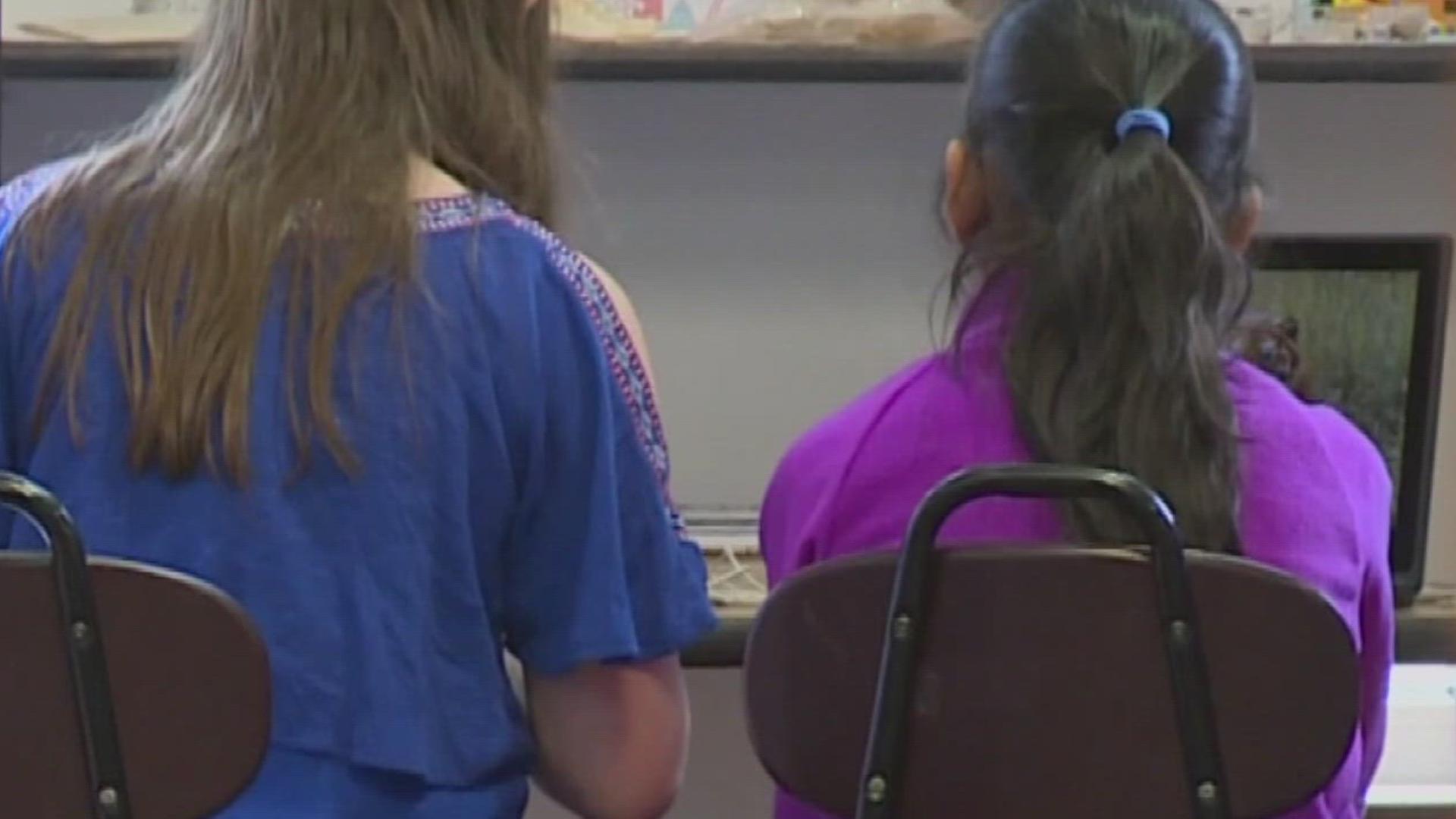PORTLAND, Ore. — Over the years, Oregon has created legislation to help minority students overcome barriers. Last year, the legislature created a student success plan for Pacific Islander and Native Hawaiian students as well.
For years, Oregon Department of Education data shows Native Hawaiian and Pacific Islander student graduation rates have lagged below state averages. Rates of chronically absent students are high as well.
“For a long time, Pacific Islander and Native Hawaiian students were conglomerated into the Asian data,” Rep. Hoa Nguyen, a state representative, said. Nguyen was a chief sponsor of a bill to support Pacific Islander and Native Hawaiian students.
Once the state separated Pacific Islander data from that of Asian students, the state was able to better glean data, Nguyen said. She believes that will lead to better solutions to boost up Pacific Islander students.
“There’s a lot of young kids that are coming through that this will be a huge impact for,” Johnny Vaigafa, a special education assistant in the Medford School District, said.
For years, Medford had few teachers of Pacific Island descent, Vaigafa said. Though recently, that’s beginning to change.
"We've been very intentional, even at our high school, to be able to hire Pacific Islander folks," Vaigafa said.
He believes that more representation in classrooms will spur student success. The new legislation is designed to give community members input on student needs. Since the legislation passed last year, the Oregon Department of Education has met with Pacific Island and Native Hawaiian community members.
“Those who are responsible for educational outcomes in the state actually have quite a bit of learning to do themselves, around who Pacific Islanders are,” Alyshia Macaysa, executive director of the Pacific Islander Coalition, said.
The idea is if schools can better understand why students are struggling, they can better support them. Advocates hope there could be a drop in suspension rates as well. They believe this could be done by creating more inclusive classrooms with teachers from multi-cultural backgrounds.
"With the bill passing, there's a lot of notice,” Vaigafa said. “There's a lot more eyes and ears that are open to our concerns."
This summer, ODE is expected to begin applications for a grant program as well.
“You know, just like any other community, they want their kids to be successful,” Vaigafa said.

